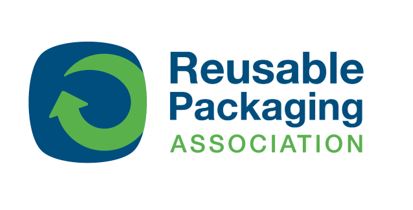From: Reusable Packaging
Reusable packaging systems play an important role in reducing the environmental impact of supply chains, offering users a long, useful life of their packaging (typically measured in years) and a truly circular model.
Reusable packaging reduces the environmental impact of supply chains in a variety of ways:
Less solid waste
The long life of a single reusable packaging item eliminates hundreds of single-use packaging items from entering the landfill, reducing solid waste by up to 86%.
Lower CO2 emissions
Reusable packaging eliminates the need to recycle or remanufacture single-use packaging, reducing CO2 (greenhouse gas) emissions by up to 60%.
Lower energy consumption
The energy used to manufacture reusable packaging items is up to 64% lower than is required to manufacture and recycle the single-use packaging items they replace.
Lower water consumption
Single-use packaging systems use up to 80% more water during their lifecycle than reusable packaging, due to heavy water use during production, recycling, and disposal.
Lower product waste
The superior product protection offered by reusable packaging results in lower product damage and waste – especially for perishables.
Materials recovery and reuse
Reusable models are truly circular, recovering packaging at the end of its useful life so that materials can be recycled and used to produce new reusable packaging.

